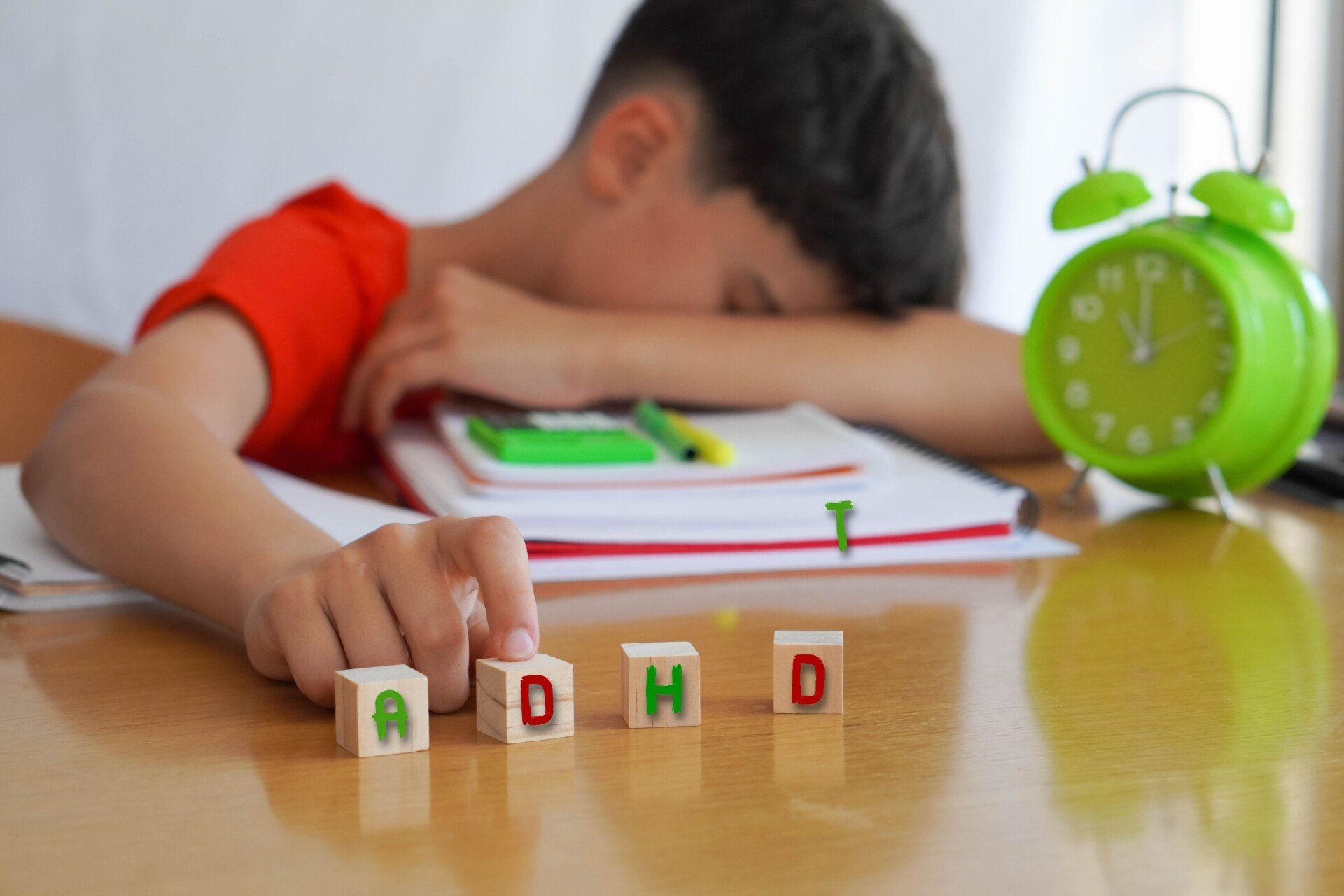Most parents and teachers know how challenging it can be to help a child with ADHD succeed in school.
These students often find it tough to follow rules, stay focused on assignments, or simply sit still during class. Teachers and parents alike often search for practical ways to support them.
Now, a new study suggests a surprisingly simple tool – a daily report card – can make a big difference.

In research recently published by Gregory Fabiano and his team in the Journal of Consulting and Clinical Psychology (2025), scientists explored whether daily report cards could effectively support students with ADHD who have individualized education programs (IEPs).
IEPs are special plans created to provide targeted educational support, but many of these plans fall short when it comes to helping children manage their behavior and emotions at school.
The study found that kids who used daily report cards significantly improved their classroom behavior and had fewer incidents of disruptive or rule-breaking behavior compared to those who received standard special education support.
Teachers also reported fewer ADHD symptoms and reduced classroom difficulties for children using the daily report card approach.
ADHD affects around 1 in 10 school-aged children. Nearly half of these kids are supported through special education plans.
Yet many teachers admit they lack adequate training in how to specifically manage behaviors associated with ADHD, such as hyperactivity, impulsivity, and inattention.
This research involved 213 children aged between 5 and 13, across several schools in Western New York and Southern Florida.
All had an ADHD diagnosis and were enrolled in special education programs with active IEPs.
The researchers divided students into two groups: one continued with their usual school support, while the other group used daily report cards tailored to their specific needs.
The daily report card itself was simple.
It listed specific behavioral goals – like completing tasks quietly, raising hands to speak, or staying in their seats—and teachers rated the child’s progress each day.
At home, parents offered small rewards, such as extra screen time or a special activity, based on their child’s daily performance.
Over three months, students who used daily report cards saw clear benefits. They significantly reduced disruptive behaviors, such as interrupting class or not following instructions.
To put this into perspective, researchers estimate that using daily report cards could prevent hundreds of disruptions per student over a typical school year.
Interestingly, the study found the greatest improvement occurred in kids whose IEPs were initially weak in addressing behavioral issues.
The daily report card filled important gaps, providing clear goals and consistent feedback that traditional IEPs sometimes overlooked.
This meant the tool was especially beneficial for children whose existing school plans lacked detail or practical strategies to handle their behavioral challenges.
Notably, while kids’ classroom behavior improved, teachers did not report immediate gains in academic performance during the relatively short three-month intervention period.
Longer-term studies might be needed to understand if better behavior eventually leads to academic improvements.
The researchers also emphasized that the daily report card method was practical and user-friendly.
Teachers and parents were able to use it consistently, even during periods of school disruption due to COVID-19, suggesting that the tool is robust enough for real-world use.
Still, the study had some limitations.
It took place over only three months, which may not have been enough time to fully assess the intervention’s impact on academic achievement.
Additionally, the researchers acknowledged they had helped schools set up the daily report cards, which may have influenced the results. Future studies should examine how easily schools could implement this strategy independently.
Overall, this study offers an encouraging message to teachers, parents, and schools. Simple daily feedback, clearly defined behavioral goals, and small rewards at home can lead to meaningful improvements in classroom behavior for students with ADHD.
For educators looking for practical tools to better support these children, the daily report card offers an accessible, cost-effective solution that can benefit students, teachers, and families alike.
Citation
Fabiano, G. A., Schatz, N. K., Merrill, B. M., Piscitello, J., Hayes, T. B., Jusko, M., Gnagy, E. M., Greiner, A. R., Tower, D., Boeckel, A., Gallo, R., Lupas, K., Gordon, C., Ramos, M., Sikov, J., Caron, S., & Pelham, W. E., Jr. (2025). A randomized, controlled trial to evaluate the efficacy of a daily report card intervention to enhance the efficacy of individualized education programs for children with attention-deficit/hyperactivity disorder.Journal of Consulting and Clinical Psychology, 93(7), 484–499. https://doi.org/10.1037/ccp0000959

